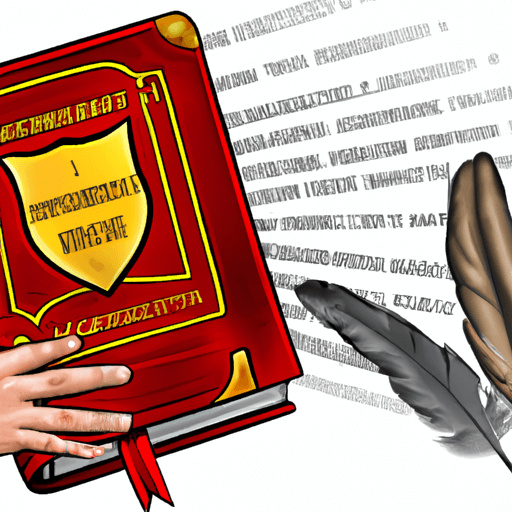The Censorship of Literature: An Exploration of Discourse
Introduction: Freedom of Expression vs. Protection of Cultural Norms
Censorship in literature sparks a continuous, contentious debate. On one hand, it is perceived as a tool limiting the freedom of expression of authors, while on the other, it serves an influential role in protecting societal and cultural norms. Both sides of the argument support credible points, making the topic more intricate than it seems at first glance.
Historical Context of Censorship
In order to comprehensively understand the debate surrounding censorship, it is crucial to delve into its historical context. The practice of censorship has evolved over the centuries, driven by differing societal, religious, and political climates. From the stringent religious censorship during the Middle Ages to the political censorship of the 20th century, the practice has metamorphosed significantly.
Relevant Cases: Positive and Negative
There have been numerous instances throughout history that exemplify both the positive and negative outcomes of literary censorship. The banning of Mark Twain's Adventures of Huckleberry Finn in certain American states brought forth a considerable controversy. Conversely, some argue that the censorship of explicit sexual content in certain young adult novels protects young readers from inappropriate material.
The Role of Institutions in Censorship
Governments, religious bodies, and publishing companies have always played an integral part in imposing censorship. Governments often push for the censorship of literary works for political reasons or to avoid societal unrest. On the other hand, religious bodies may censor literature that they believe contradicts or threatens their beliefs and values.
Philosophical, Legal, and Societal Perspectives
From a philosophical viewpoint, censorship clashes with the principle of freedom of expression, often considered as a fundamental human right. Legally, the argument is more complex, as it involves balancing this right against other considerations, such as community standards and public safety. From a societal perspective, views on censorship can vary greatly depending on cultural norms and values.
Future Implications: Digitalization and Globalization
With digitalization and globalization evolving rapidly, the future relevance and application of censorship are uncertain. The rise of digital platforms has made it harder to enforce traditional forms of censorship, while globalization may lead to a merging of literary norms that could create its own form of censorship.



















Comments
Leave a Comment